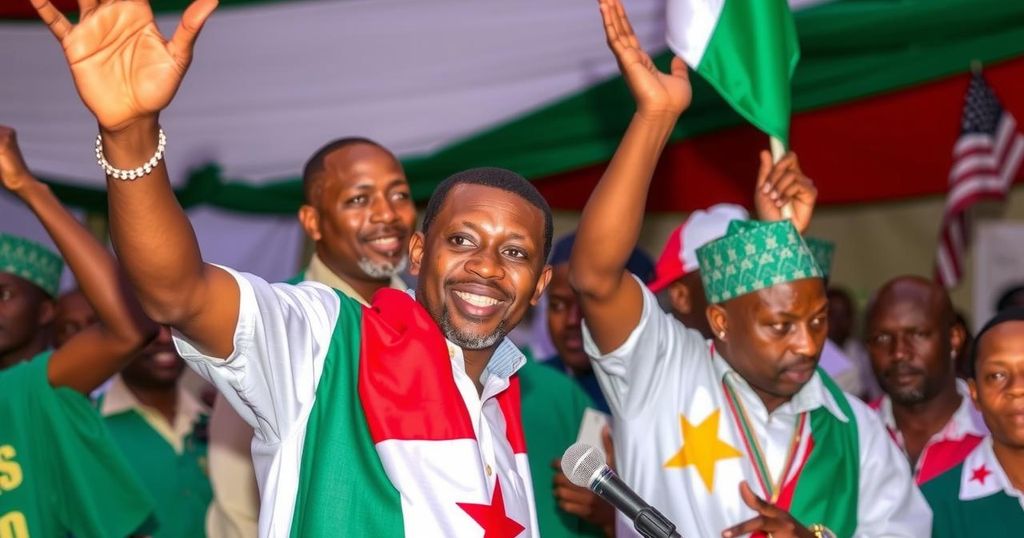Chad’s ruling Patriotic Salvation Movement secured a significant majority in the December parliamentary elections amid a boycott by key opposition parties. Provisional results indicated the ruling party won 124 out of 188 seats, with a voter turnout of 51.5 percent. This election is a crucial step in Chad’s democratic transition following President Mahamat Idriss Déby’s military-led government beginning in 2021. The opposition criticized the electoral process as lacking credibility.
Chad’s ruling Patriotic Salvation Movement (MPS) has emerged triumphant in the parliamentary elections held in December, acquiring a substantial majority despite the boycott executed by key opposition parties. This election marks a significant moment in Chad’s political landscape, reinforcing President Mahamat Idriss Déby’s leadership amidst criticisms that the electoral process lacked credibility. Provisional results indicate that the MPS secured 124 out of 188 available seats, while voter turnout was recorded at 51.5 percent, reflecting a notable engagement among the populace despite the opposition’s absence from the polls. This parliamentary election, which was the country’s first in over ten years, also encompassed regional and municipal elections, all pivotal to Chad’s transition towards a more democratic governance following Déby’s ascension to power in 2021 after the death of his father, the long-standing president Idriss Déby Itno.
President Déby expressed hope that the election outcome would facilitate a long-awaited decentralization process, which he described as essential for empowering local governance structures across Chad. However, the elections were dismissed as a mere formality by more than ten opposition parties, including the Transformers party, while the main opposition candidate from the previous presidential election, Succès Masra, had previously criticized the election’s legitimacy. Notably, the opposition refrained from commenting on the recent results, with their boycott drawing attention to ongoing issues of credibility in the electoral process that mirrors concerns raised during last year’s disputed presidential elections.
Chad presently faces multifaceted security challenges, including threats from Boko Haram in the Lake Chad area and tensions arising from severed military ties with France, the nation’s erstwhile colonial power. In this context, the parliamentary elections assume further significance as the final step in the transition from military rule to a more representative government, reflecting the deep-seated democratic aspirations among Chadians despite the formidable obstacles they encounter.
The recent parliamentary elections in Chad mark a pivotal moment in the nation’s political evolution, occurring against a backdrop of military rule and longstanding autocracy. Following the death of Idriss Déby Itno, who ruled Chad for thirty years, his son Mahamat Idriss Déby assumed power as a military leader in 2021. This election, the first parliamentary event in over a decade, is key to the nation’s transition to a more democratic structure. However, it is shadowed by the opposition’s boycott, which they justified through allegations of electoral illegitimacy and procedural flaws.
In summary, the parliamentary elections in Chad have resulted in a significant majority for the ruling Patriotic Salvation Movement while simultaneously highlighting barriers to credible democratic representation due to the opposition’s boycott. The election’s outcome signifies a consolidation of President Déby’s authority, which raises critical questions concerning electoral integrity and the political landscape’s future stability amid ongoing security difficulties. The implications of these events will likely shape Chad’s governance and its citizens’ aspirations for genuine democratic reforms.
Original Source: www.rfi.fr






